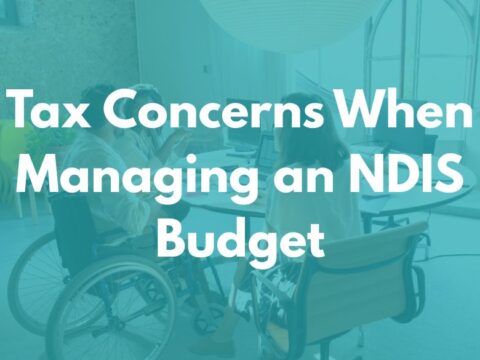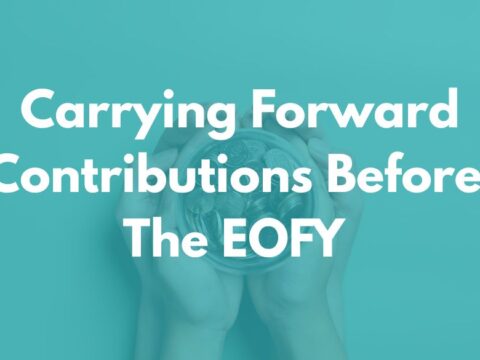Business Income – What Counts?
The concept of business income has expanded far beyond traditional brick-and-mortar shops.
Whether you run a digital store, offer services through an app, or even sell through personal ads, the income you generate from these activities is considered business income and must be declared.
Here’s a breakdown of business income, the types of income you need to report, and some key points to remember when managing your earnings.
What is Business Income?
Business income refers to any money or non-cash benefits you receive from selling goods or services, whether online or offline. This includes top-up income from side hustles, freelance work, or hobbies that have become a business. If you’re earning from these sources, you must report them to the Australian Taxation Office (ATO) as part of your tax return.
Types of Business Income
Business income can come in various forms, and it’s essential to be aware of all the ways you might be earning, including:
- Cash and Digital Payments: Income earned directly from customers through cash, credit cards, or digital payment methods.
- Vouchers, Coupons, and Non-Cash Benefits: If you’re paid in goods instead of cash, such as receiving clothing, jewellery, or gift cards for your services, these need to be reported. You must declare these items at their market value—the amount you would normally pay for them in cash.
- Cryptocurrency: Payments in cryptocurrency are becoming more common. Like other non-cash benefits, you need to record these at their market value on the day you receive them.
- Personal Services Income: This is income that comes from using your personal skills or efforts. Freelancers and contractors often fall into this category.
- Online and Overseas Business: Income from sales on digital platforms or from international clients also counts as business income.
- Sharing Economy: Earnings from the sharing economy, whether from ride-sourcing or renting out a room, need to be included.
- Assessable Government Grants and Payments: Some government payments or grants are considered business income and need to be declared.
What’s Not Considered Business Income?
Not all payments you receive are taxable. Some of the exceptions include:
- Non-Assessable Non-Exempt (NANE) Government Grants: Certain grants provided by the government are not considered business income.
- Gifts or Inheritance: Genuine gifts or inheritances do not need to be declared as income.
- GST Collected: Goods and Services Tax (GST) collected from customers does not count as business income.
Record Keeping
Maintaining accurate records is essential for managing your business income and meeting your tax obligations. Keep in mind that:
- Most records must be kept for five years.
- All records should be in English or easily translatable into English.
- Proper documentation helps in case of audits and ensures you are prepared when lodging your tax return.
Knowing what counts as business income and how to report it is vital for managing your tax obligations.
If you have any doubts or questions, consulting with a registered tax professional who can offer personalised advice is always a good idea. You can avoid common tax pitfalls and keep your business on solid financial footing by staying informed and keeping good records.
Please contact us if you need any advice in this area.
IMPORTANT NOTICE
This blog post contains general information only and has been prepared by Allworths without reference to your objectives, financial situation or needs. Allworths cannot guarantee the accuracy, completeness or timeliness of the information contained here. By making this information available to you, we are not providing professional advice or recommendations. Before acting on any of the information contained here, you should seek professional advice.




